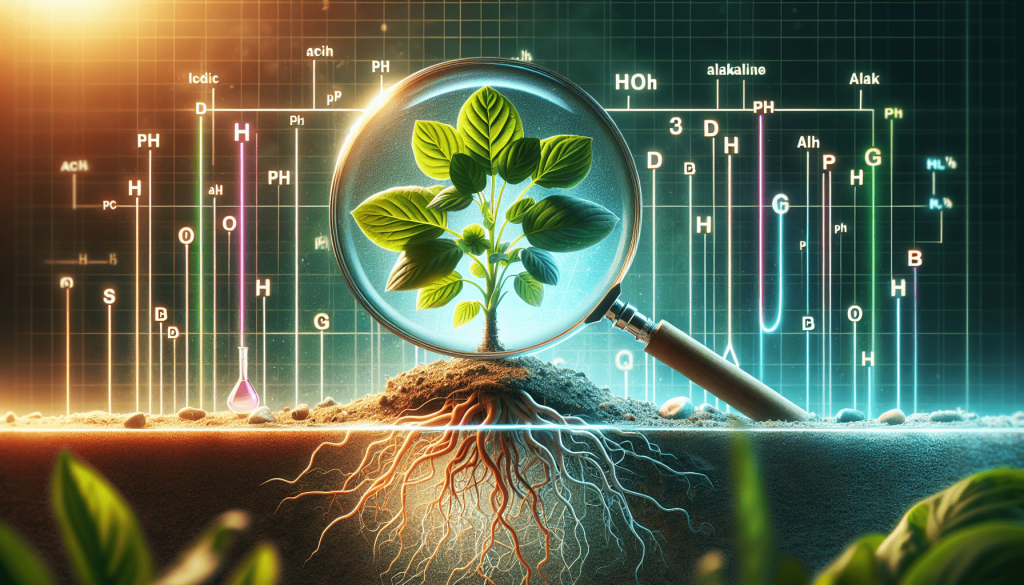This post may contain affiliate links. As an Amazon Associate, we may earn commissions from qualifying purchases.
In the ever-evolving world of gardening and agriculture, understanding the role of soil pH in nutrient solubility and plant health is crucial. High or low pH levels can drastically affect the availability of essential nutrients to plants and, consequently, their overall health and growth. Alkaline soils may inhibit the absorption of iron, manganese, and phosphorus, while highly acidic soils can limit the uptake of calcium, magnesium, and molybdenum. To ensure your garden or crops thrive, adjusting soil pH to an optimal range, typically between 6.0 and 7.0 for most plants, can be key. This can be achieved through various amendments like lime to raise pH or sulfur to lower it, creating a balanced and nutrient-rich environment essential for robust plant growth.
Discussing The Impact Of Different Soil pH Levels On Nutrient Solubility And Plant Health. How Can You Adjust Soil pH For Optimal Plant Growth?
Have you ever wondered how the pH level of your soil affects the health of your plants and the availability of nutrients they need to thrive? Understanding the science behind soil pH can be the key to achieving a bountiful garden or farm. In this article, we’ll delve into the impact of different soil pH levels on nutrient solubility and plant health, and explore how you can adjust soil pH for optimal plant growth.
What is Soil pH?
Soil pH is a measure of the acidity or alkalinity of the soil, on a scale that ranges from 0 to 14. A pH of 7 is considered neutral. Values below 7 indicate acidic soil, whereas values above 7 indicate alkaline soil.
Why is Soil pH Important?
The pH level of your soil has a direct impact on the chemical processes within it, especially those concerning nutrient availability and solubility. This, in turn, affects plant health and growth. Let’s take a closer look at the significance of pH levels.
Impact of Different pH Levels on Nutrient Solubility
Nutrient solubility is the ease with which nutrients are dissolved in the soil moisture so that they are available for plants to absorb. Different pH levels can either enhance or inhibit the solubility of essential nutrients.









